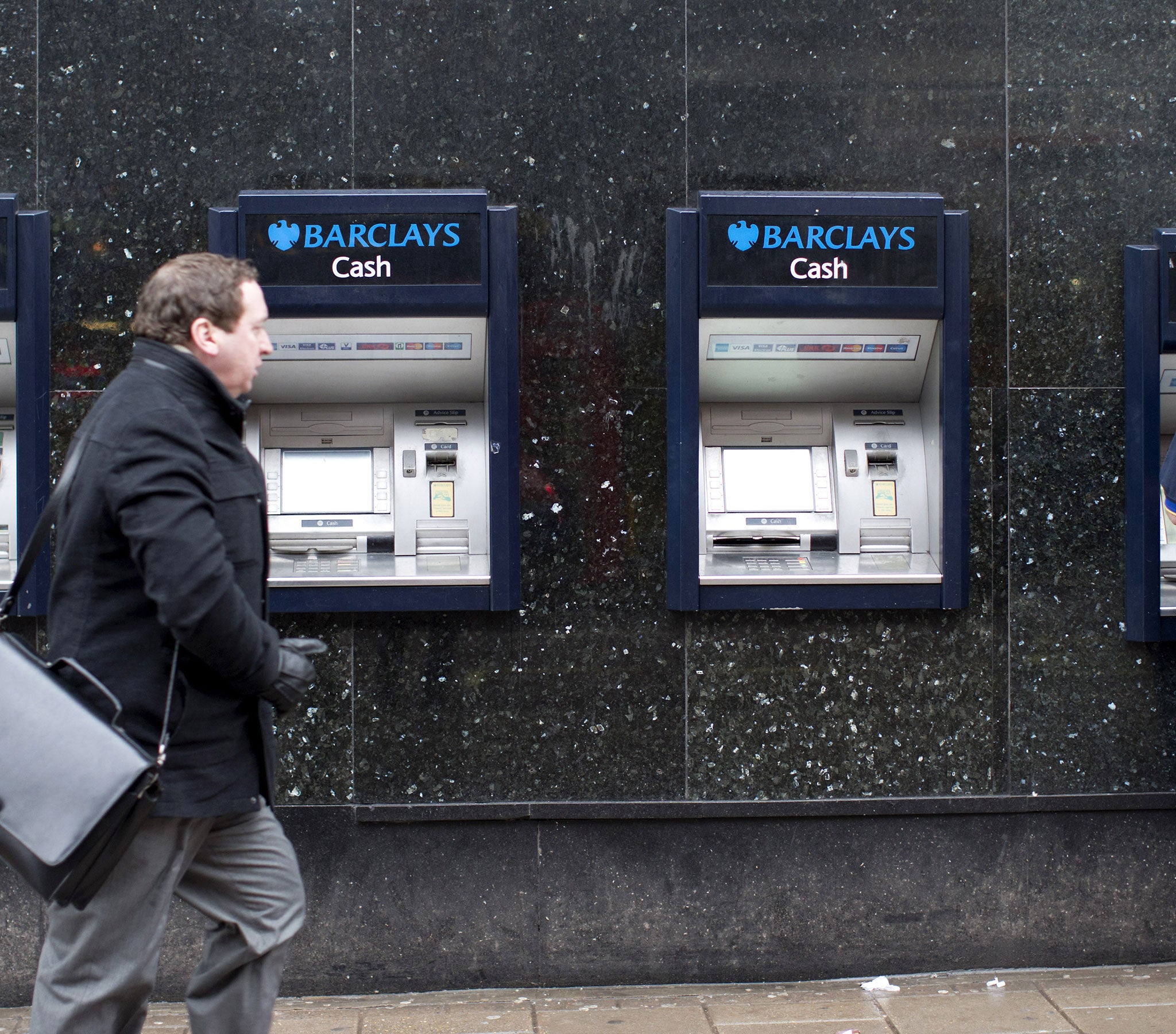The 'bank calls' suggesting to move the cash into the 'safe' account might steal your money
The alarm bells are ringing over 'no hang-up' fraud

When Evelyn Price, a 74-year-old retired nurse from Porthmadog in North Wales, got a call from her bank saying her account had been compromised and she needed to transfer her savings at once, she reacted quickly. She set up an online transfer of her £14,000 life savings to the "safe" account mentioned by the bank. She had no idea that it wasn’t her bank calling, but crooks. They lied about who they were to trick her into moving the cash.
She had become just another victim of crooks who prey on older people to steal their savings. And the number being caught by so-called “no hang-up” fraud is on the rise. The scam involves criminals cold- calling victims and pretending to be from a bank or the police.
They tell the targets their bank account is at risk and say they need to move or withdraw their money urgently, adding that they should call them back to add – to the plausibility of the scam. However, the crooks stay on the line to fool people into thinking that they’ve actually called their bank or the police.
This week the Financial Ombudsman Service reported on cases in which it has been involved in the past year, where people lost £4.3m. One in five were cheated out of savings of between £20,000 and £49,999, while some unfortunate people lost more than £100,000.
The ombudsman gets involved when the victim thinks their bank hasn’t done enough to help them. But most end up disappointed. While in two out of five cases, it ruled in favour of the victim, in the majority of cases it did not. That’s because banks have a duty to act on their customer’s instructions, so if a consumer transfers or withdraws money themselves during a scam, they are unlikely to get it back.
That policy angers Evelyn’s brother Glyn, who is campaigning for Barclays bank to help his sister. “They should have done more,” he believes. “There was a high probability that she was the victim of a fraud. Even though the transfer was flagged as suspicious and they contacted her to check whether she really wanted to go ahead, I believe she was under the control of the fraudsters and [the bank] should have asked more questions.”
Barclays said: “The bank acted appropriately and in accordance with our customer’s instructions. This complaint has been extensively reviewed at the highest level within our complaints process, and our findings were reinforced by the Financial Ombudsman Service.”
Glyn thinks banks should ask more direct questions when they suspect fraud, such as, “Have you been told to make this transfer because of fraud risk?” He reckons that could prompt victims to reveal the truth.
Meanwhile the ombudsman has urged people to contact vulnerable relatives, friends and neighbours this summer about the risk of being scammed.
Subscribe to Independent Premium to bookmark this article
Want to bookmark your favourite articles and stories to read or reference later? Start your Independent Premium subscription today.

Join our commenting forum
Join thought-provoking conversations, follow other Independent readers and see their replies